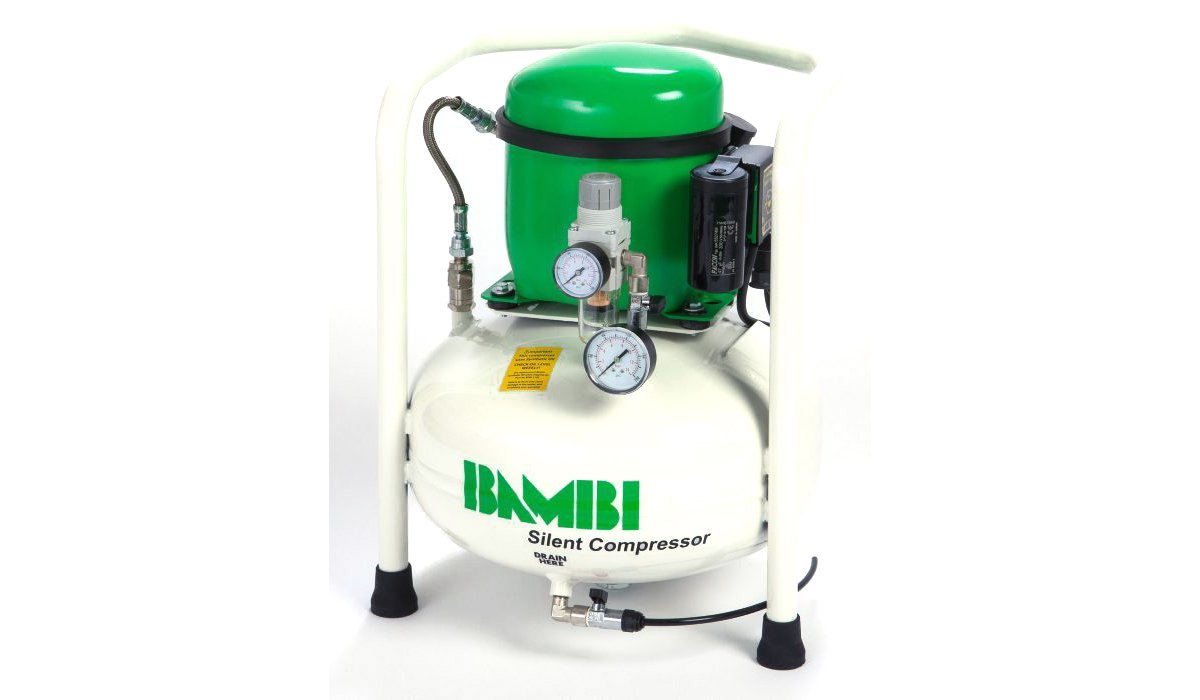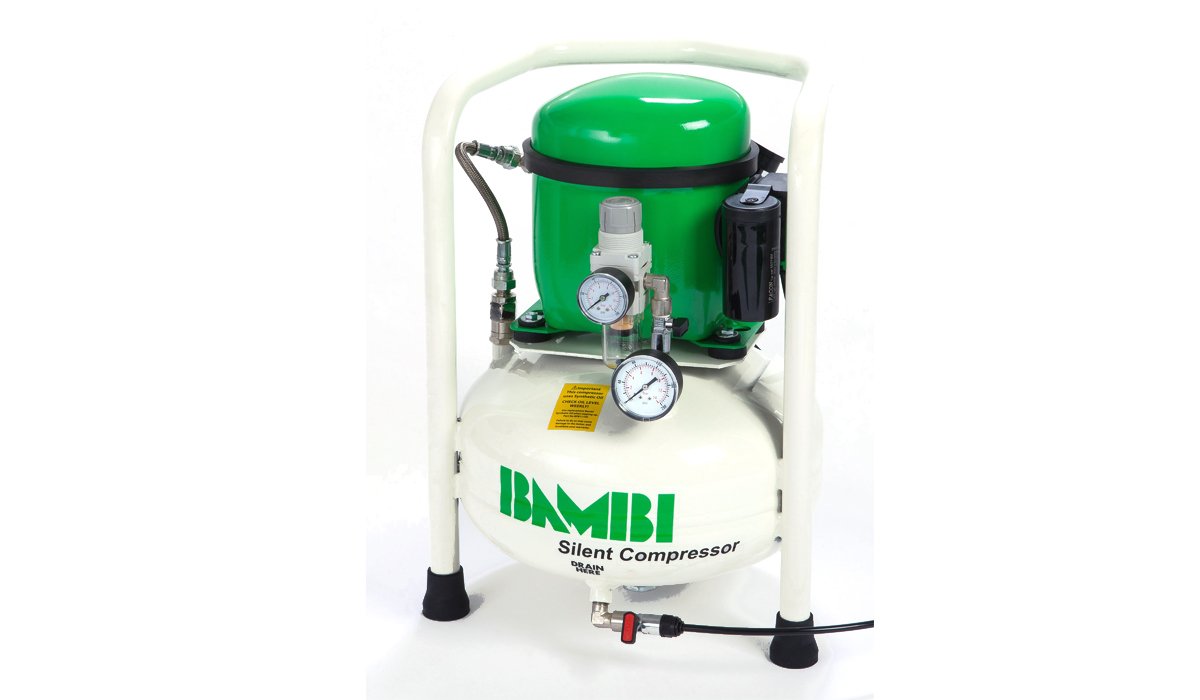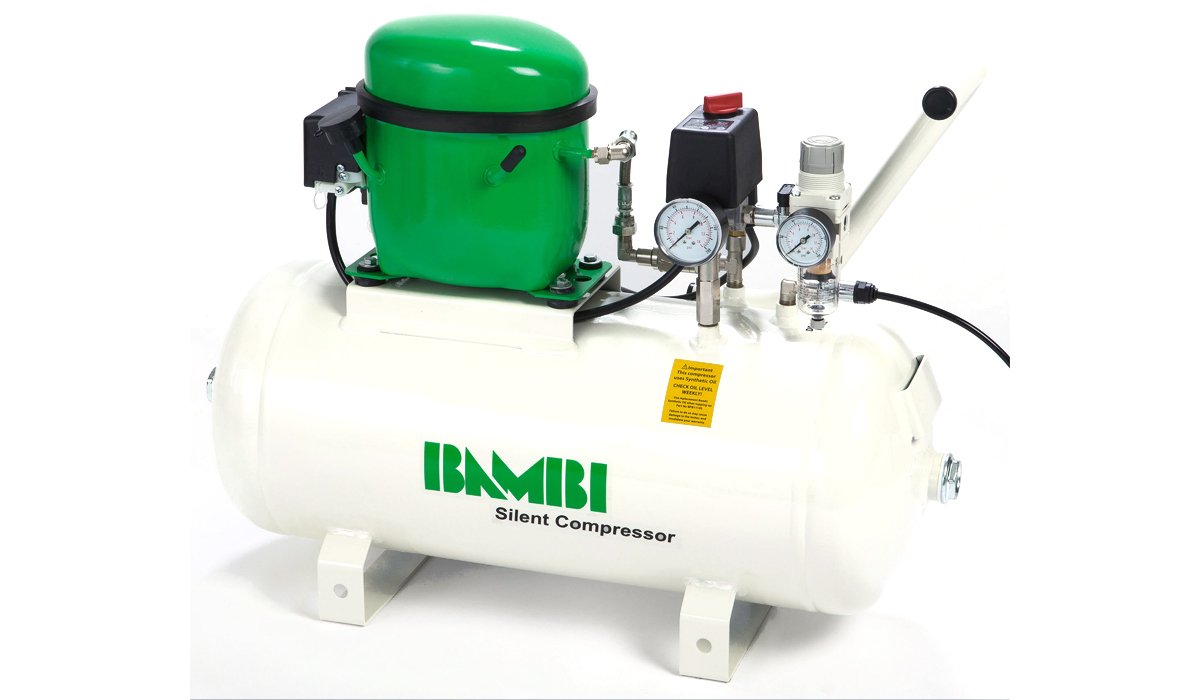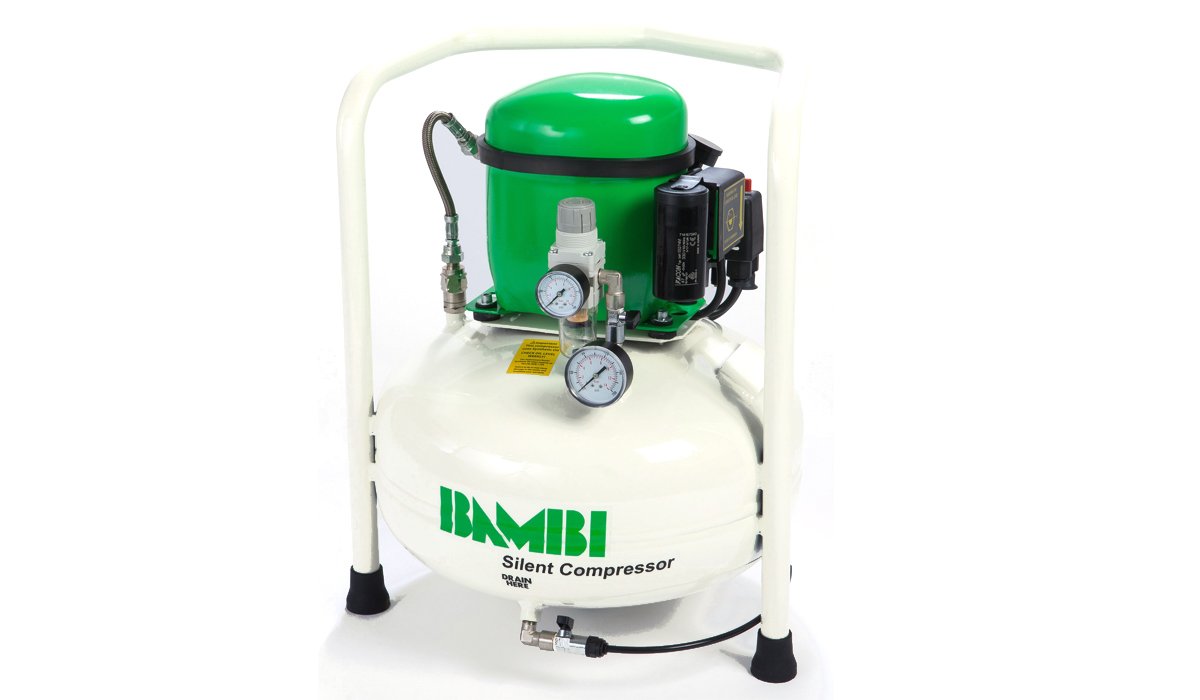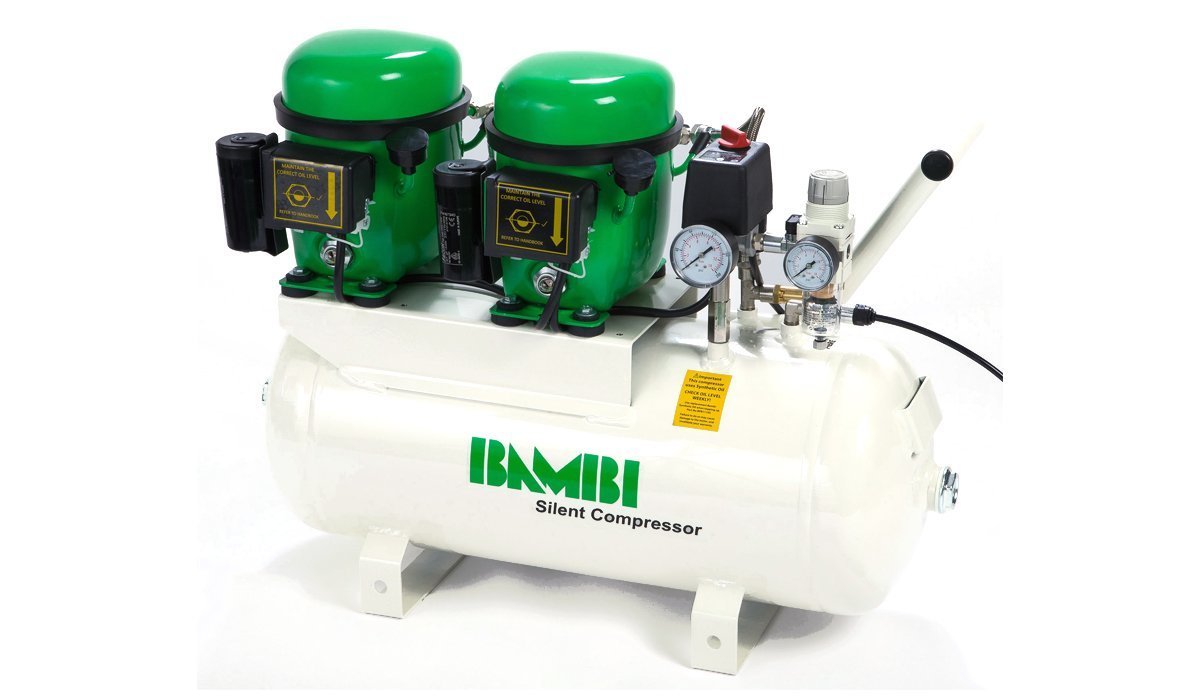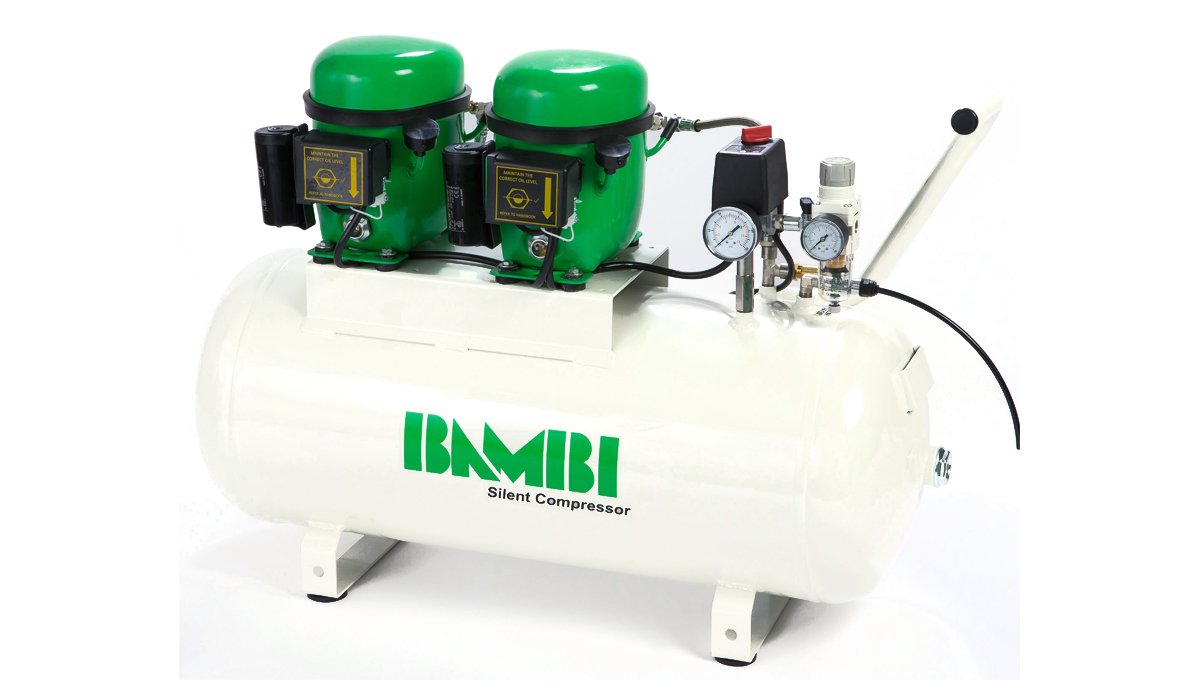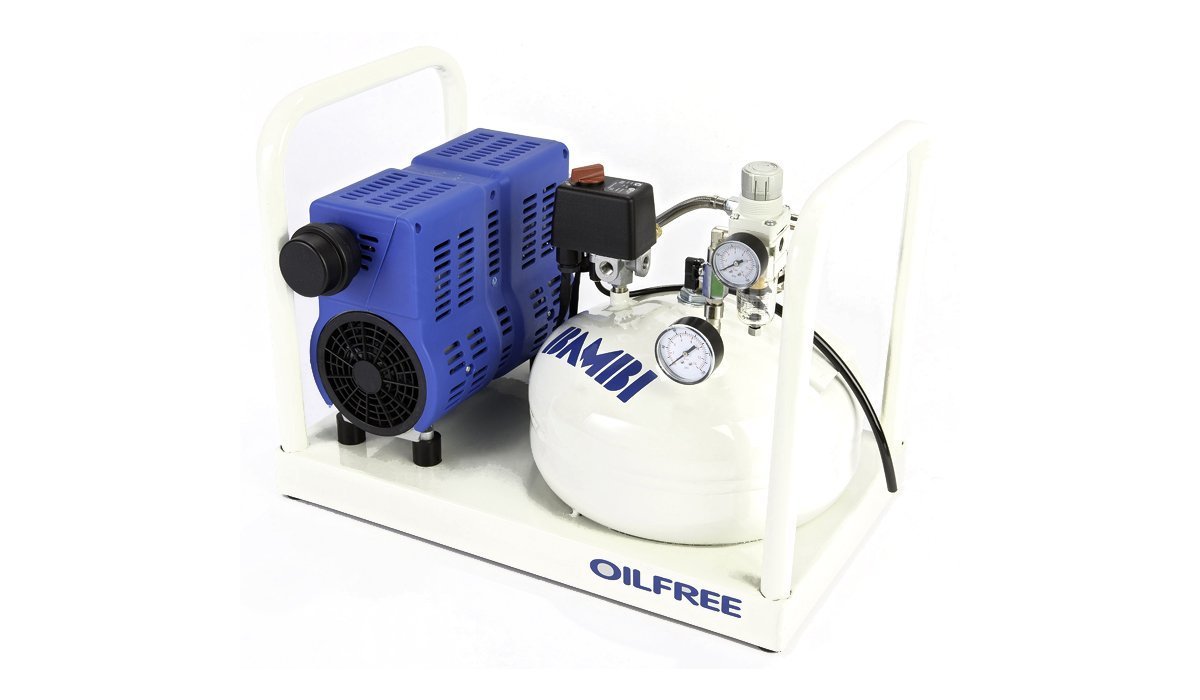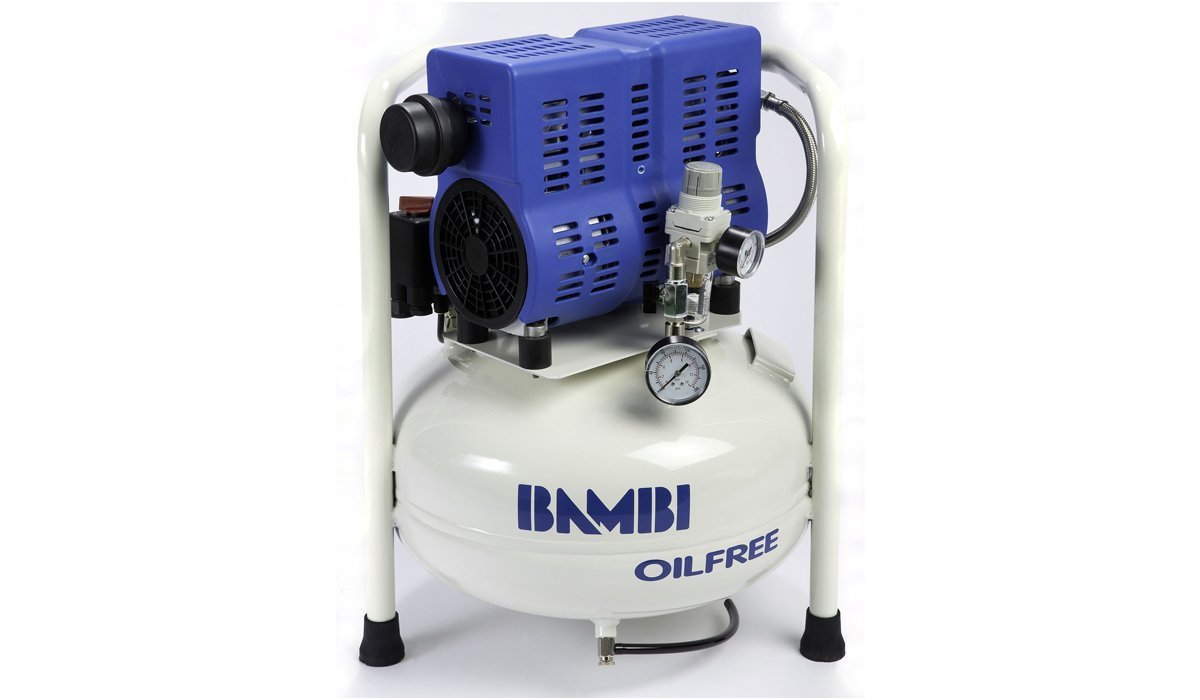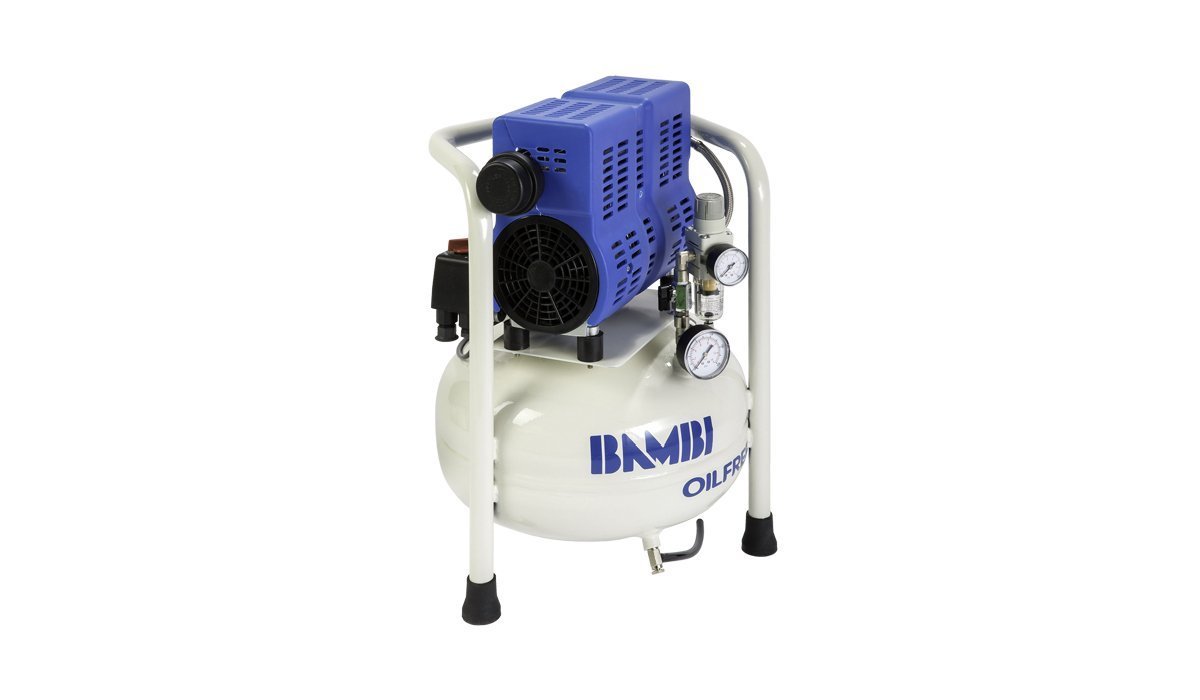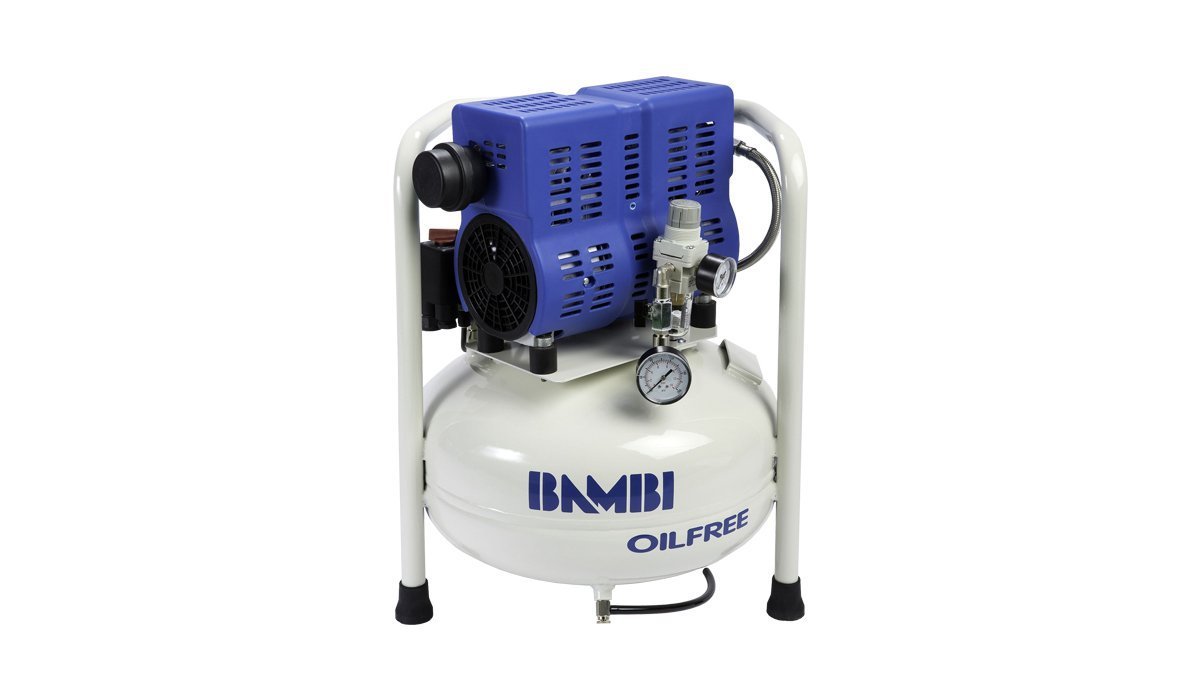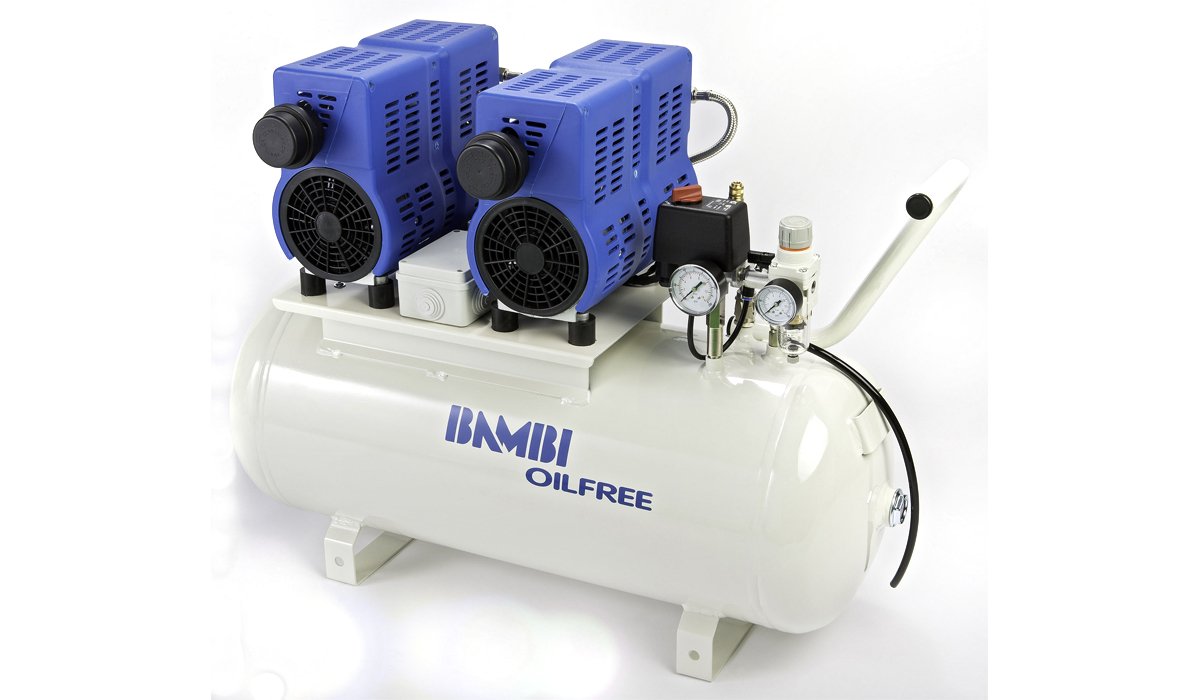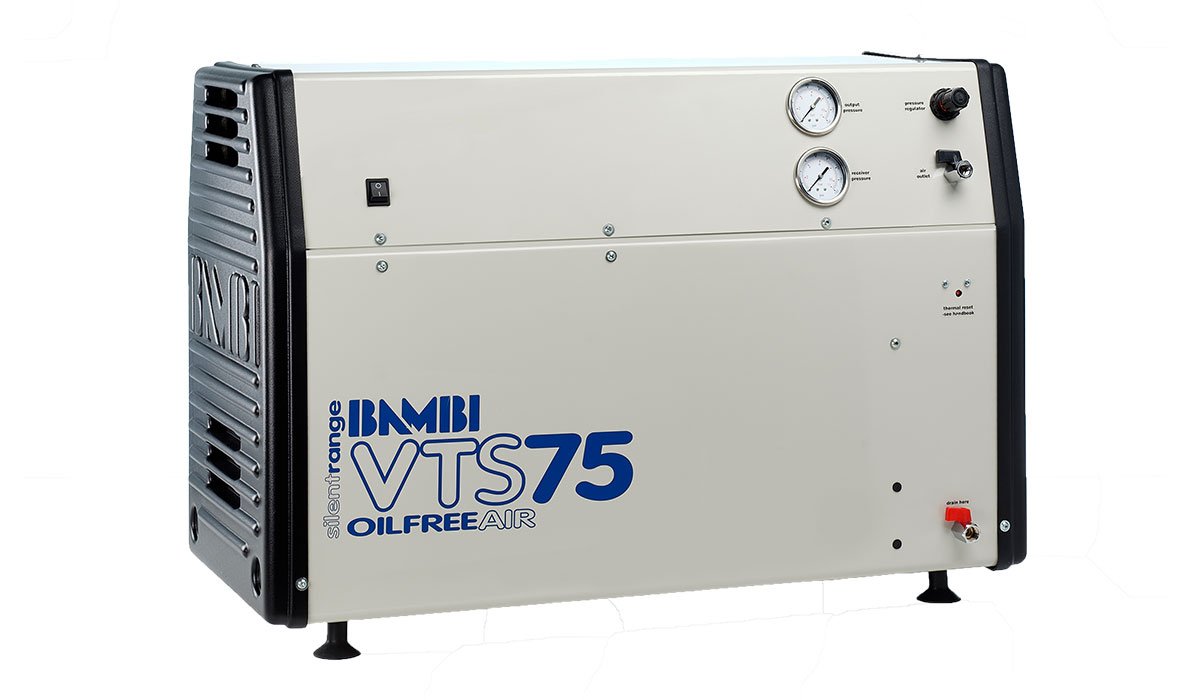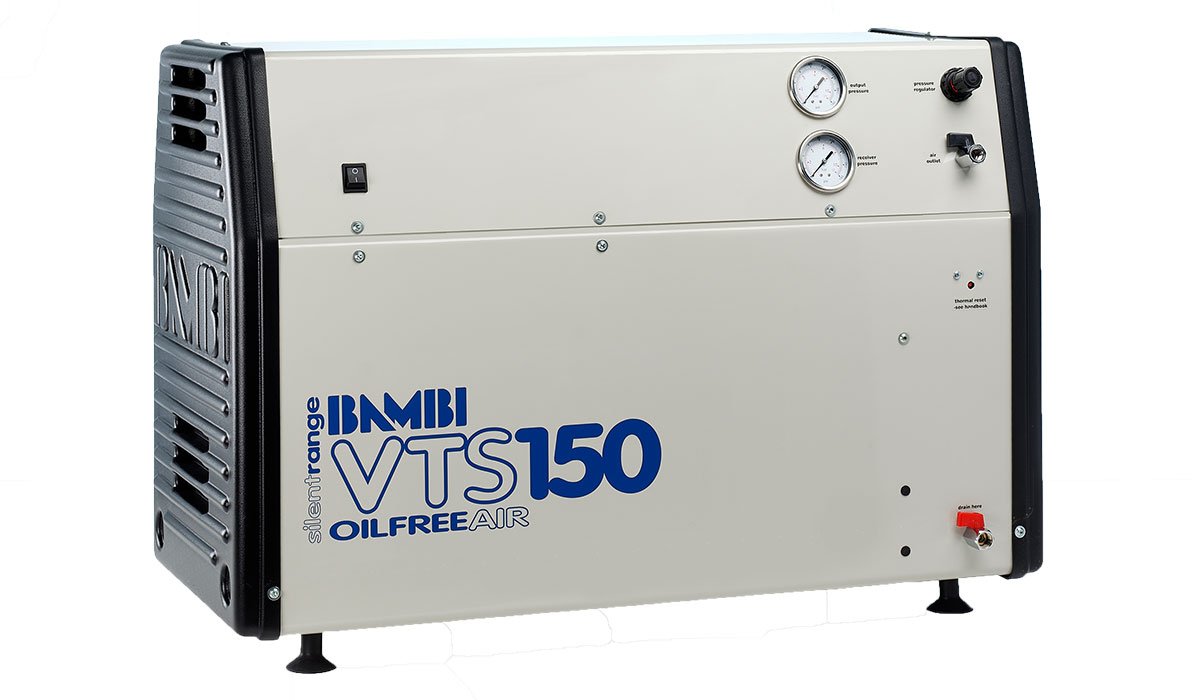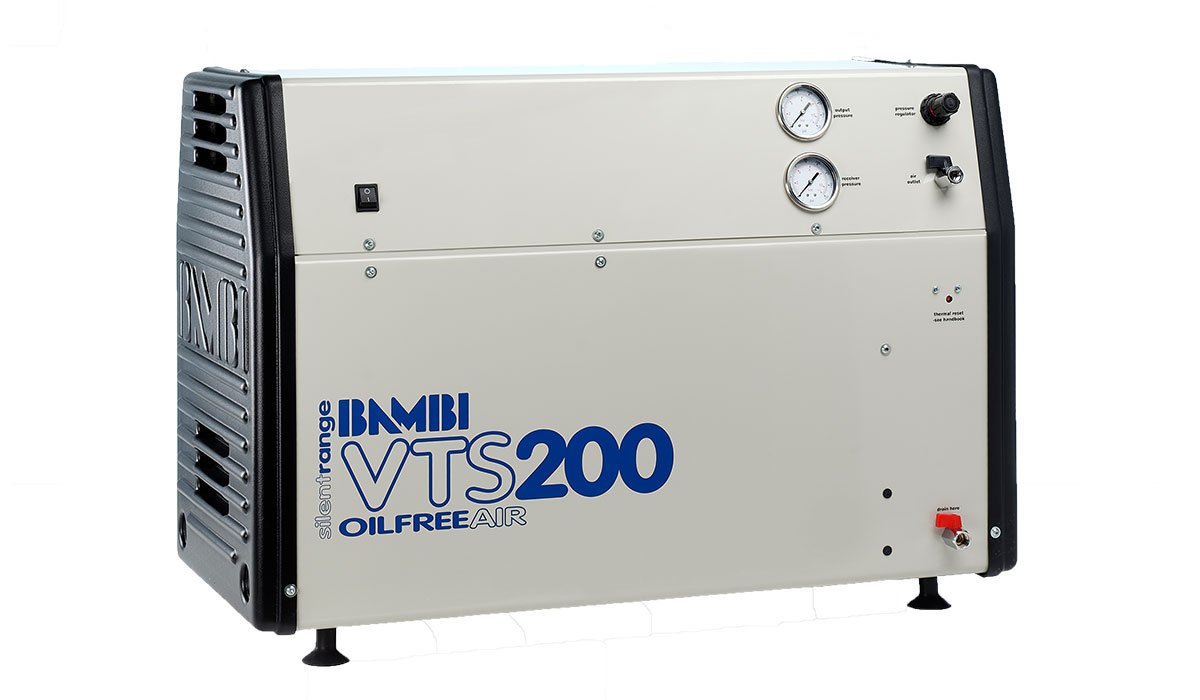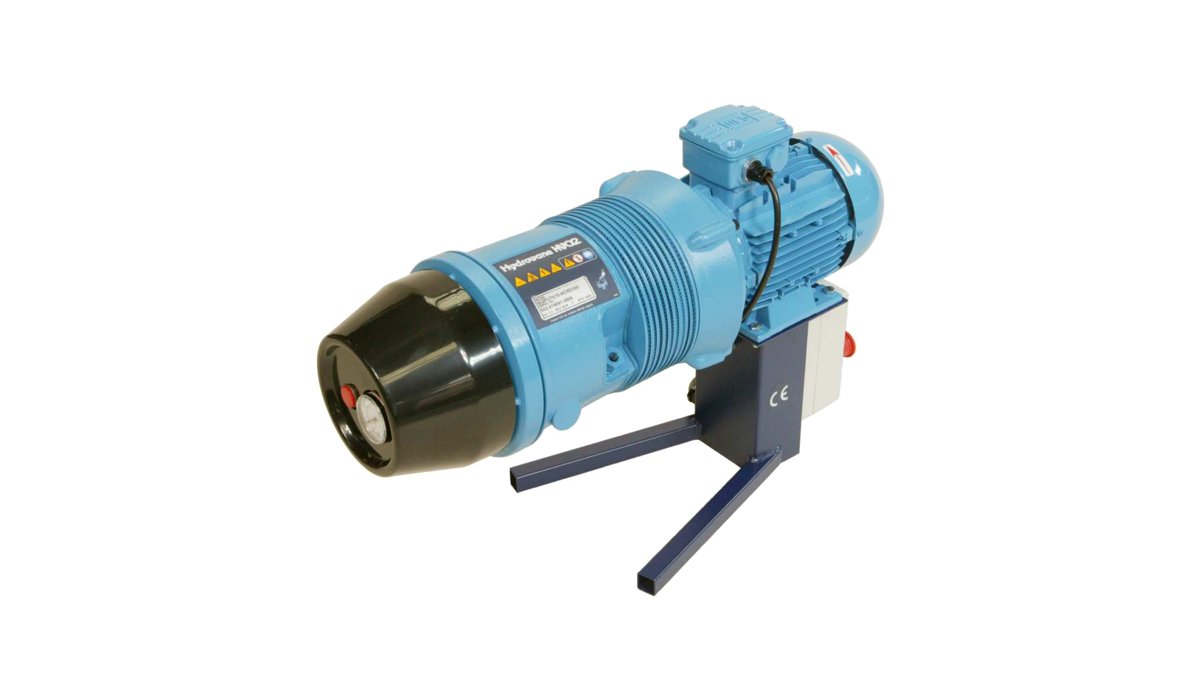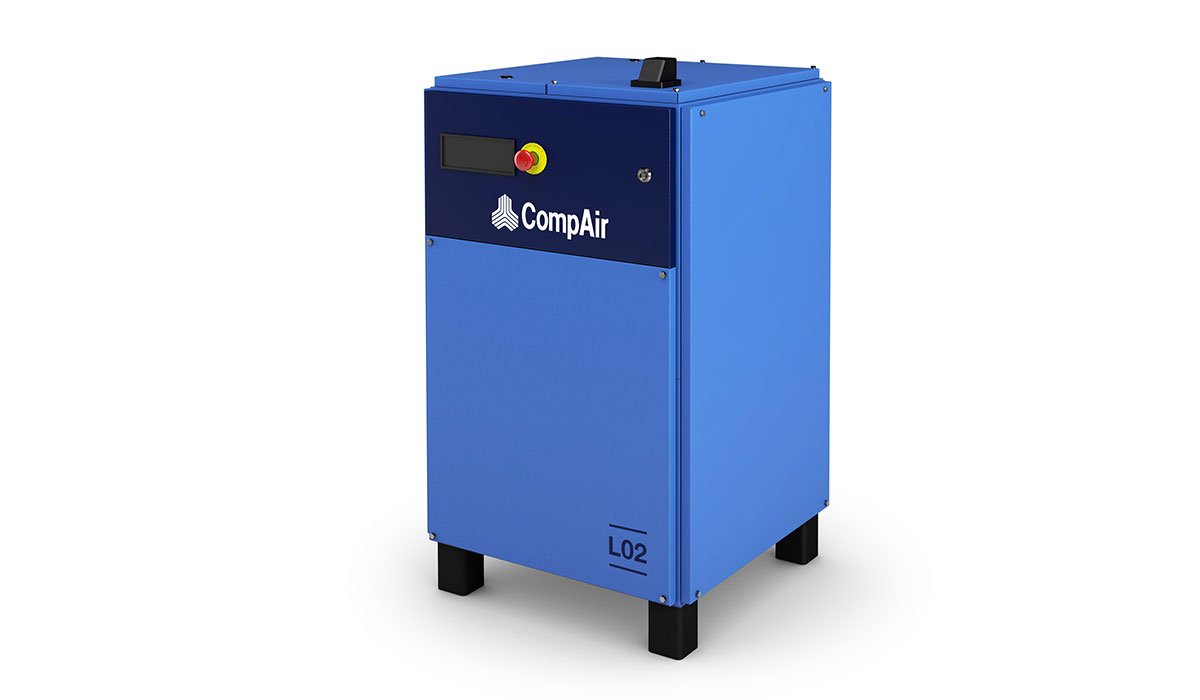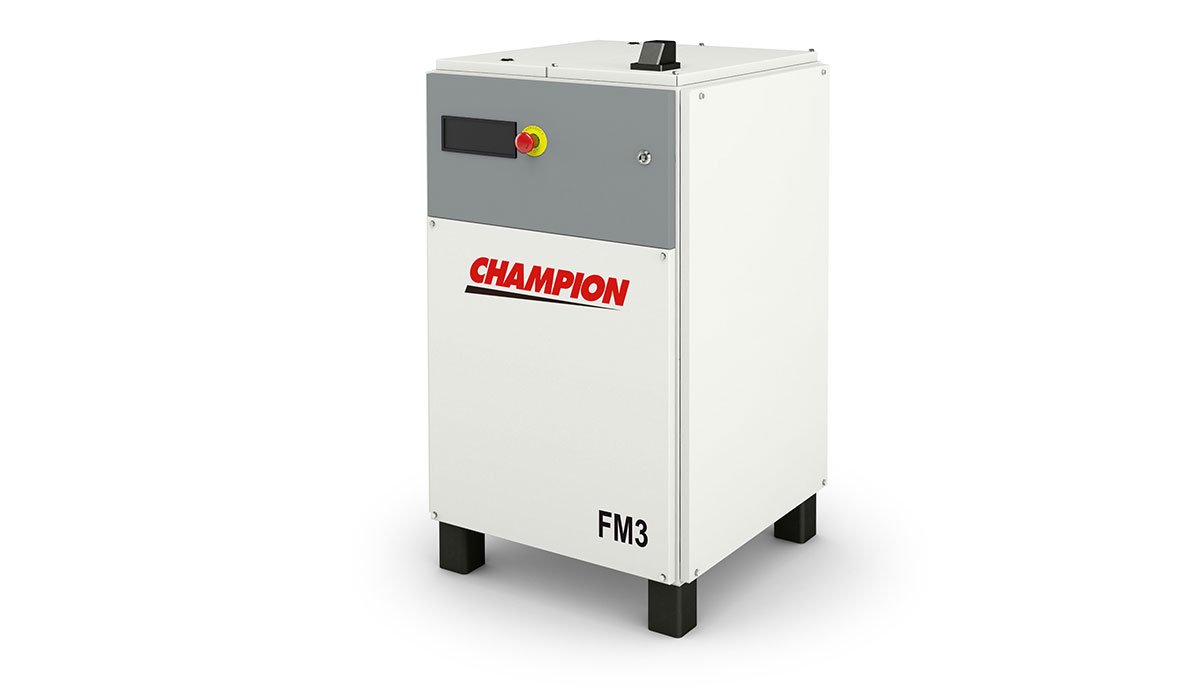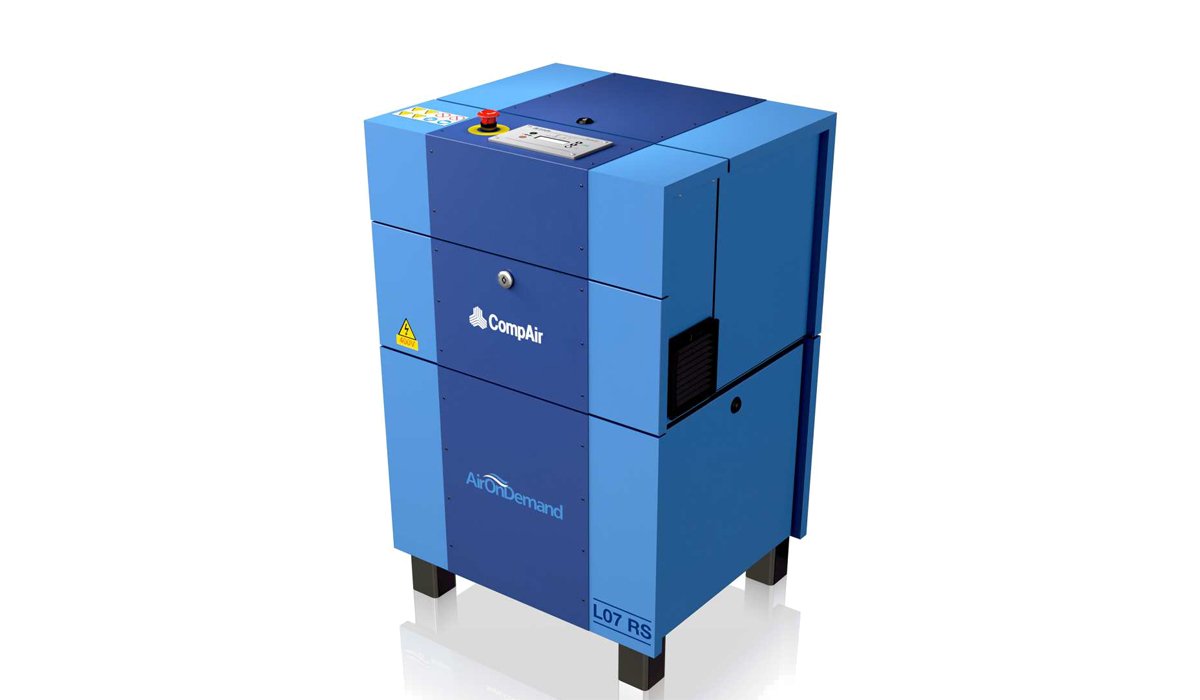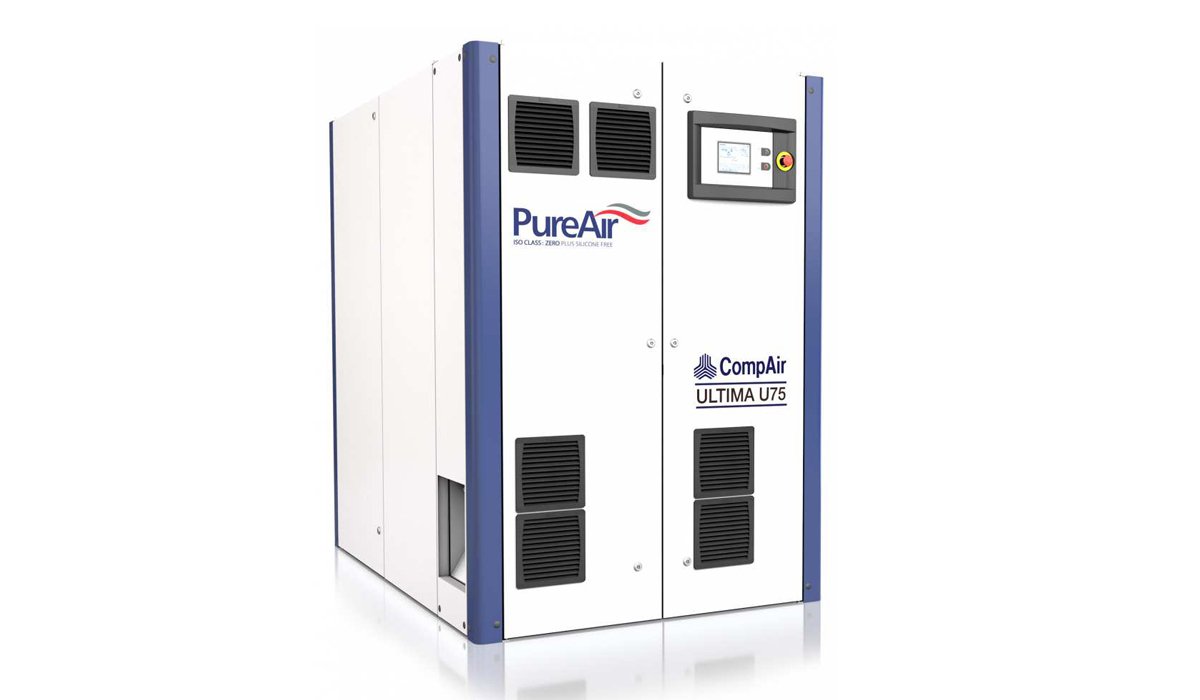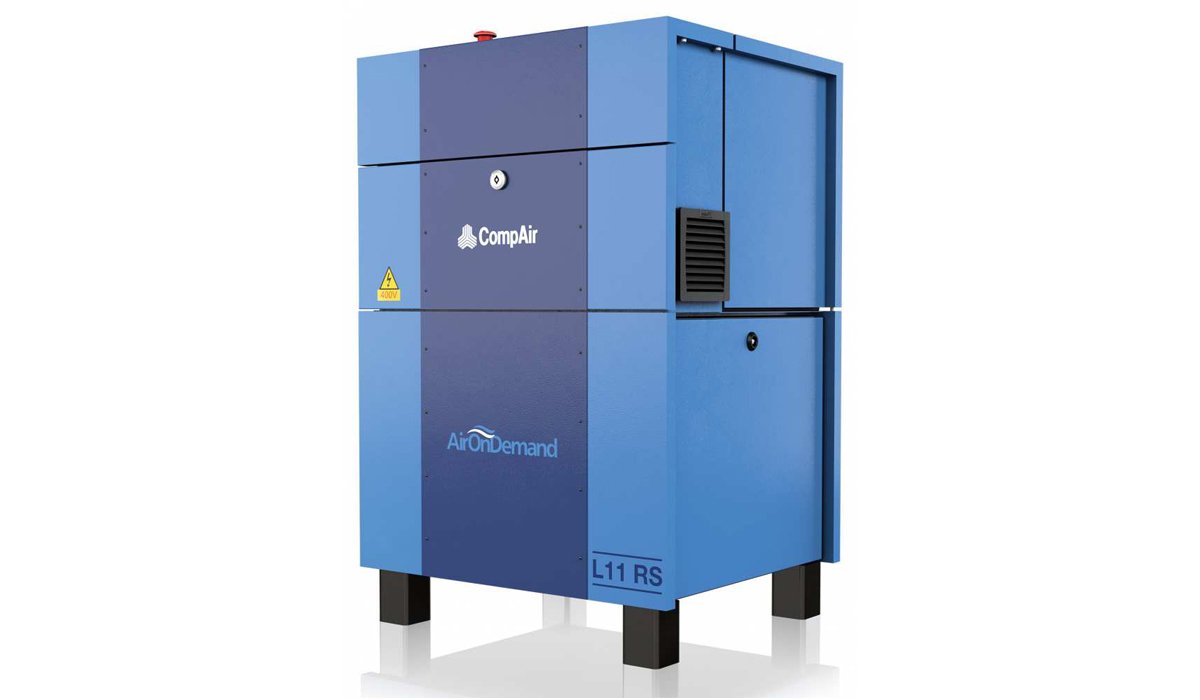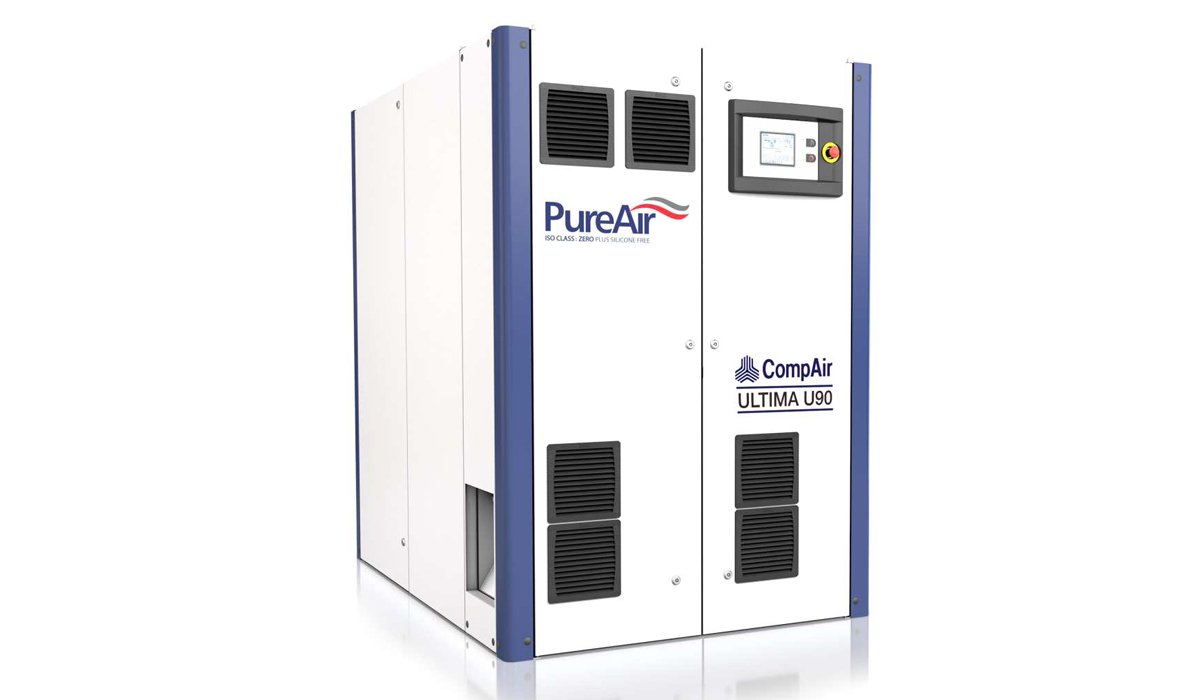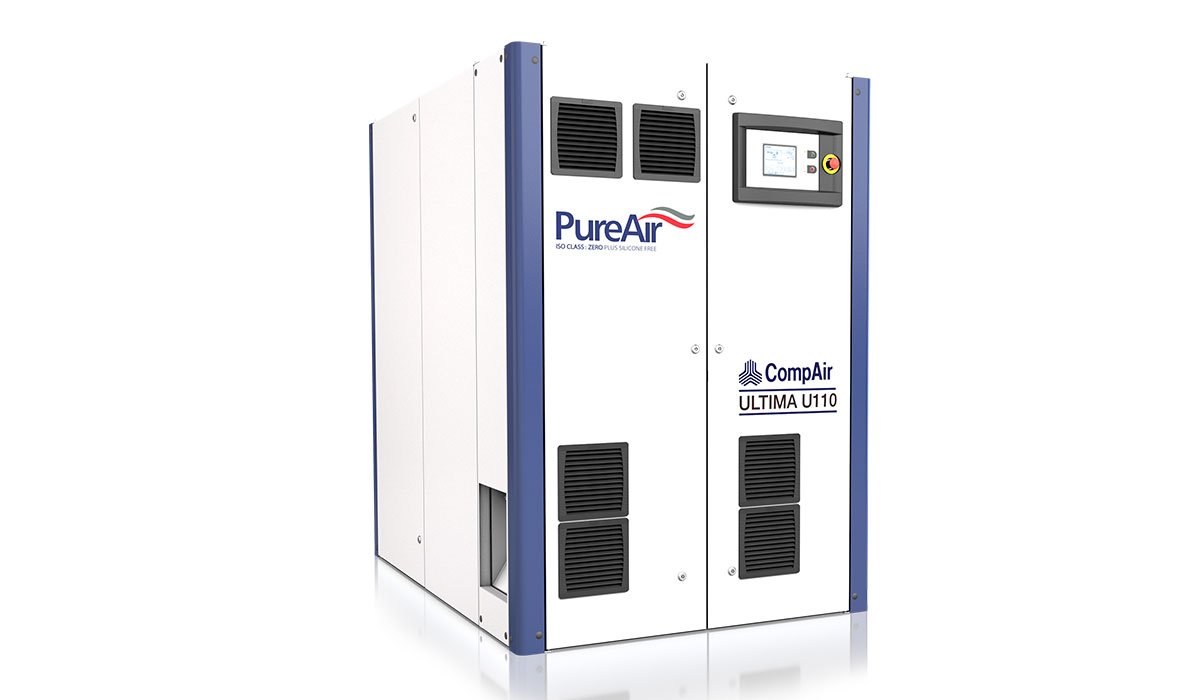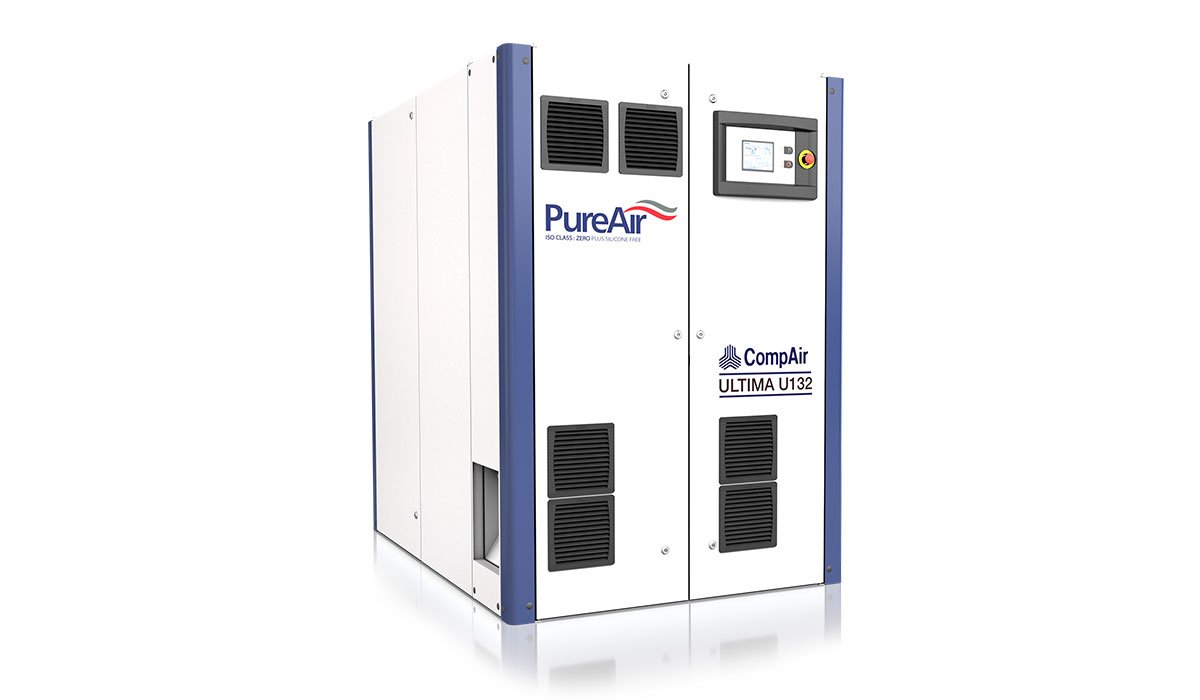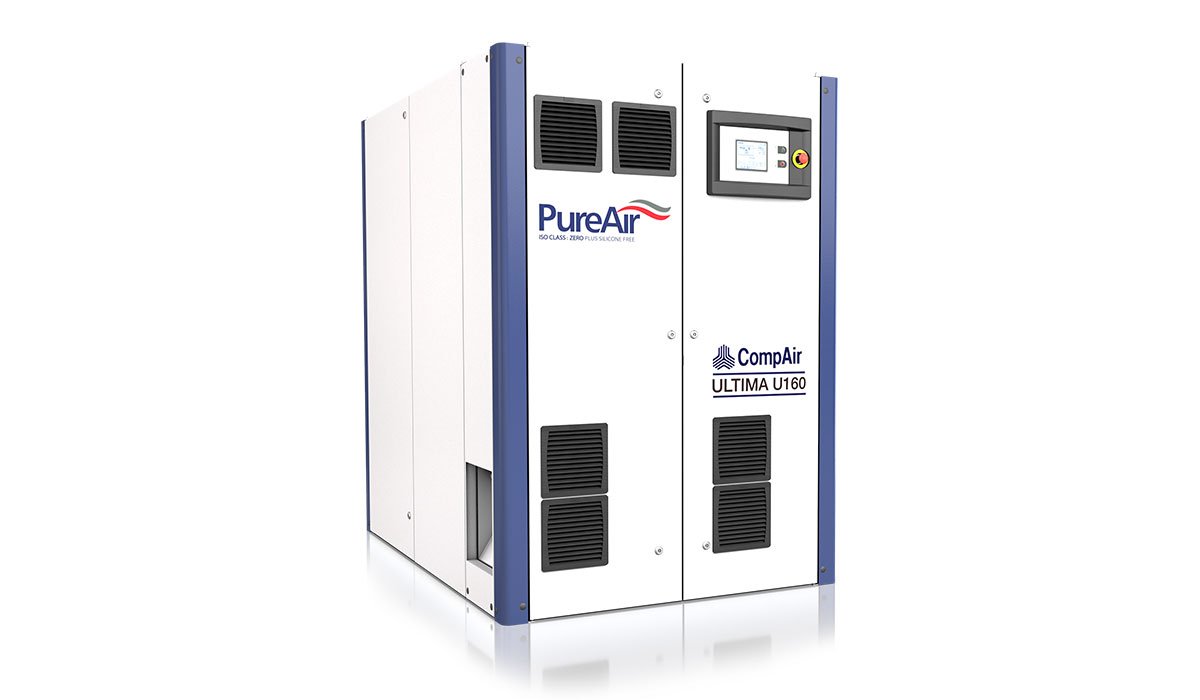Why Choose a Silent Air Compressor?
There are plenty of reasons why you should choose to invest in a silent air compressor. Reducing noise in the workplace provides your employees and visitors with a more comfortable environment while simultaneously reducing the risk of any negative health problems, such as tinnitus, which can be a direct effect from working with air compressors in close proximity.
Productivity can be improved, by reducing noise with a low noise air compressor, employees are less likely to be distracted and are able to concentrate more and work more efficiently. Without the need to raise voices to be heard, colleagues can communicate clearly with each other.
When selecting a compressor, it is worth paying attention to its noise level as it’s difficult to work comfortably in a noisy environment for very long. The noise of your air compressor may affect if you’re able to position it near the point of use or need to implement acoustic barriers in your compressor room.
When shopping for a quiet air compressor, there are many terms used including ‘silent’, ‘noiseless’ and ‘ultra-quiet’. But what does a silent air compressor or quiet air compressor actually mean?
An air compressors noise is measured by decibel rating (dB). The higher the rating, the noisier the air compressor will be.
- 40 dB – This is considered low noise and is found most often in small air compressors or air compressors for domestic use.
- 60 dB – This is considered the safest level of noise for air compressors.
- 85 dB and over – This level of noise can become dangerous if exposed for long periods of time.
No silent air compressor will be completely silent, but noise can be dramatically reduced by choosing a quiet air compressor model.
The available low noise compressors can be seen below.
